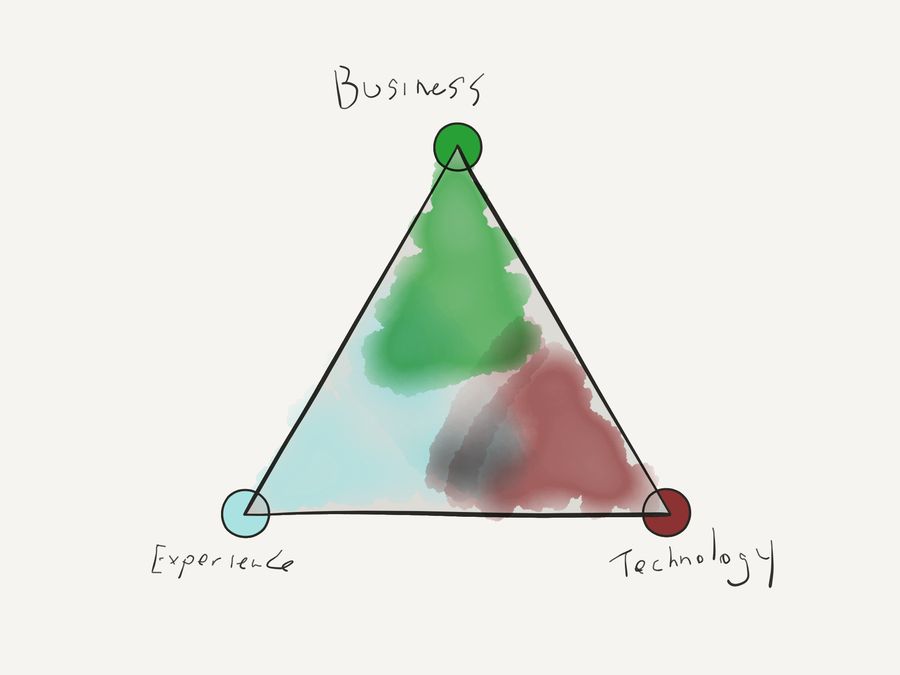Great Products Need Balance
One of those most ingenious features of modern, rule of law governments is how power is separated and provides a system of checks and balances. It's a fundamental assumption that different branches have to remain balanced over time to keep a state functioning well without authoritarianism. Carrying that concept into product development could be incredibly valuable for companies as they try to make and keep their products great.
Uber, AirBnB, and Slack are just a few of the most prominent examples of how evolving from a "requirements" vs. technology approach to proudly experience driven products can be transformative. Not only to the markets they operate in, but to everyone's expectations of how products and services should work in a world where every company needs to be a technology company.
Experience driven product development is a huge step forward, but doesn't fully explain what makes these and many other products truly great. It's the companies whose products truly balance the demands of great customer experience, scalable technology, and driving a sustainable business that grow and maintain greatness. This is true of bootstrapped, seed stage, high growth, and public company products and services.

The company that tips out of balance toward business needs builds a Frankenstein product that eventually no one wants to use, or gets mired in technical debt. Too much focus on technology can result in a marvel of a system that scales but never needs to do so thanks to lack or loss of product market fit or funding. The worst customer experience is growing to love and depend on a delightful product that goes out of business or is "sunset" when its economics don't start making sense.
This is probably a restatement of a more obvious concept, but the best product teams are ones that put systems in place to maintain the balance that fits their situation in an ongoing way.
This is not just a product manager's job. Balanced thinking should be understood and appreciated by everyone involved in making a product: developers, designers, product managers, founders, executives, salespeople, marketers, the whole lot. Not everyone has the individual skills necessary or can take on all the roles needed to ship code, design interactions, tell a compelling marketing story, or close a sale, but through direct contact with customers and teams that cross disciplines, a team of any size can collectively and deliberately work to prevent their center of gravity from moving too far.
##A personal note One of my mottos is: the second I think I have things figured out that's when I'm done having a chance to truly do great things. I firmly believe there is no one perfect or right way, but there's always a way to learn more and do better.
I would love to discuss and debate this concept outside of my immediate social circle and the company where I work. I want to be a student of the experiences of others, but there's a seeming lack of a community that embraces a balanced product mindset more inclusive of roles beyond product managers or founders.
If that's not true, I'd love to see places where that role agnostic community is coming together both online and even in person. If it hasn't happened yet, I want to start one. Point them out, or come join me.